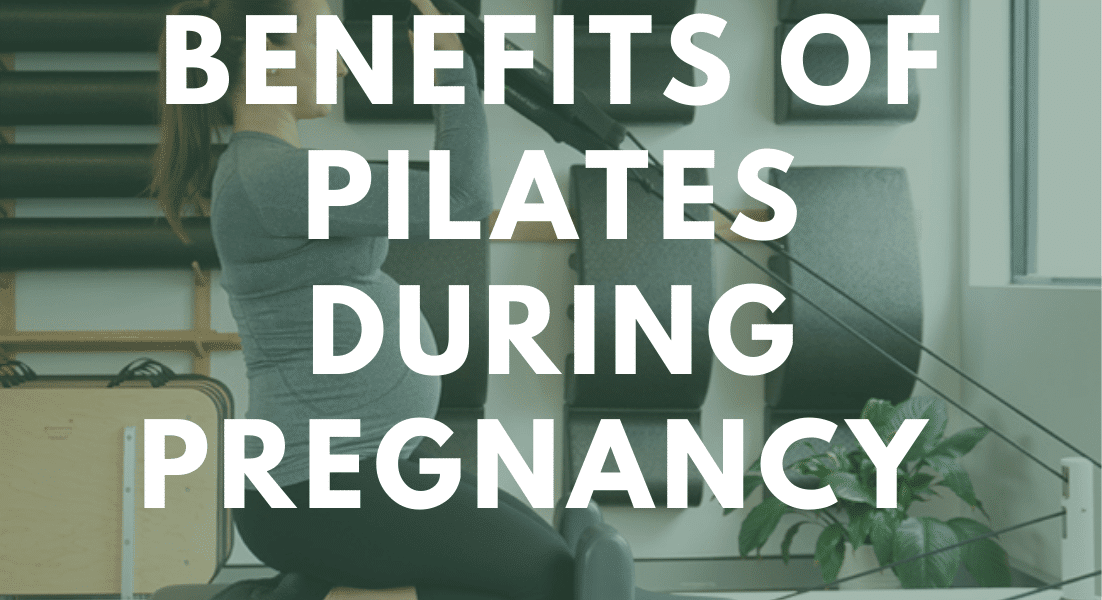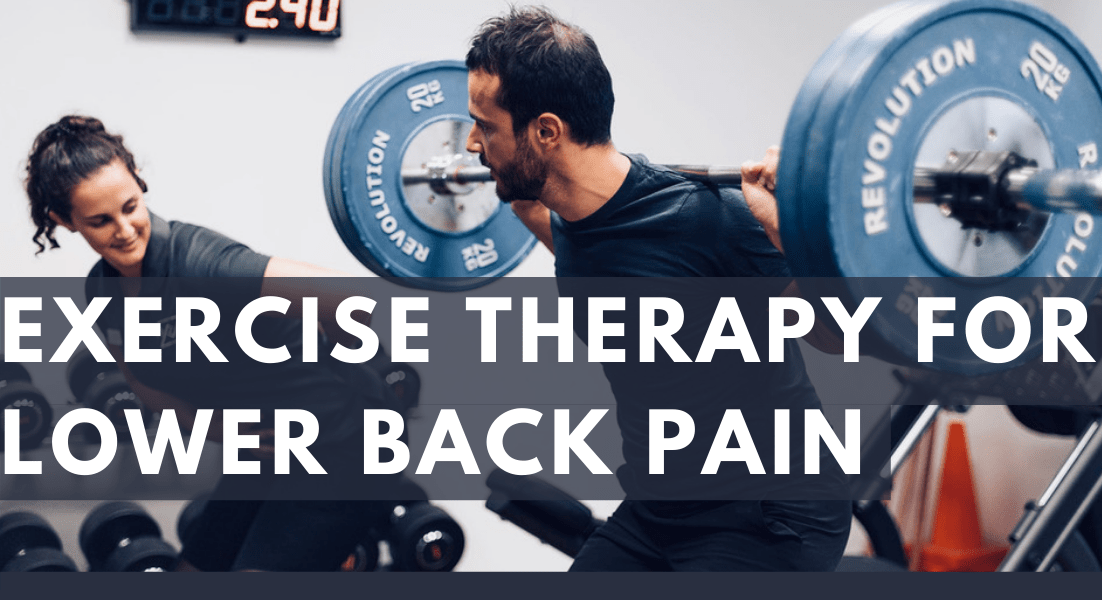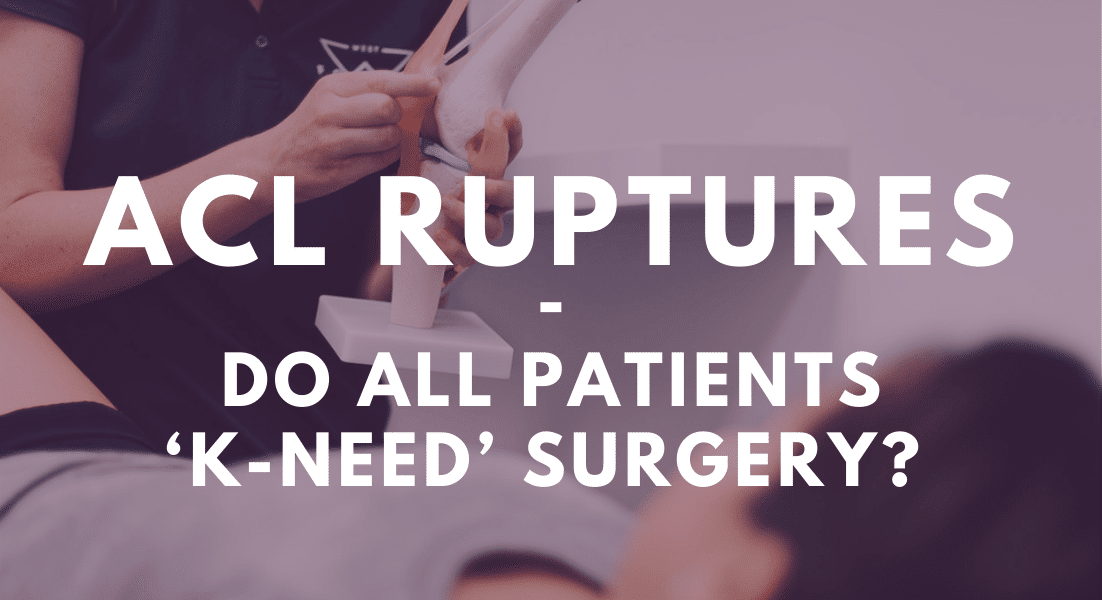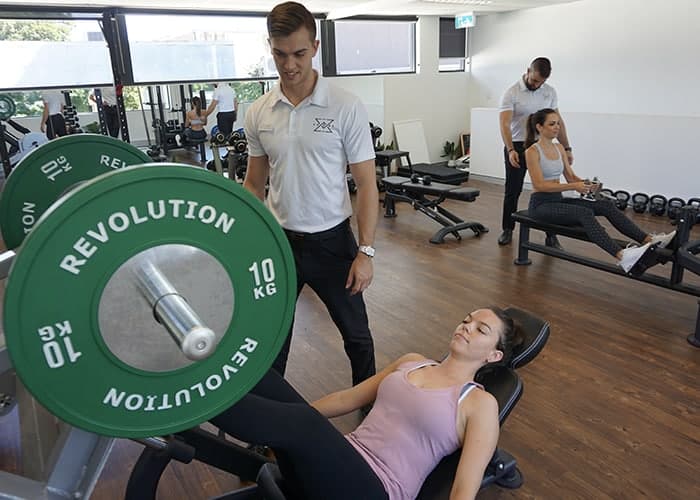Uncategorized
6
May
Benefits of Pilates during Pregnancy – guided by Physiotherapists and Exercise Physiologists
What is Pilates? Pilates is a form of exercise based on movement principles including whole-body movement, breathing, concentration, centering, precision, and rhythm. Pilates is a mindful approach to exercise, stimulating awareness of body structure, muscle recruitment, and body alignment during movement. Joseph Pilates, the founder, claimed that this set of corrective exercises promoted voluntary control over the body and effective
29
Apr
The best bang for your back – Exercise therapy for lower back pain
Exercise for back pain? Being someone who has had an acute back injury in the past, I know firsthand that lower back pain can be debilitating. Often the last thing you would want to contemplate is exercising, however under the guidance of physiotherapists and exercise physiologists this can be the best and most effective long-term treatment option. Exercise treatment has
23
Apr
ACL Ruptures – Do all patients ‘K-need’ surgery?
ACL rehabilitation strategies Is ACL Reconstruction Necessary? At 2 and 5 year follow-up that there was no difference in patient reported knee outcomes, objective performance measures or return to sport rates, between patients treated with reconstruction or those treated with rehabilitation alone. There is low quality evidence of increased radiological knee damage in the reconstructed knee which may lead to
2
Apr
Integrated Physiotherapy and Exercise Physiology – Forging resilient patients at Forge
How is Exercise Physiology different to Physiotherapy? Working at Forge where we offer both services, this is one of the questions I get asked most, by both patients and physicians. What’s The difference? In truth, there are probably more similarities than differences. Both Exercise Physiologists and Physiotherapists are university qualified allied health professionals with a comprehensive understanding of human anatomy and




